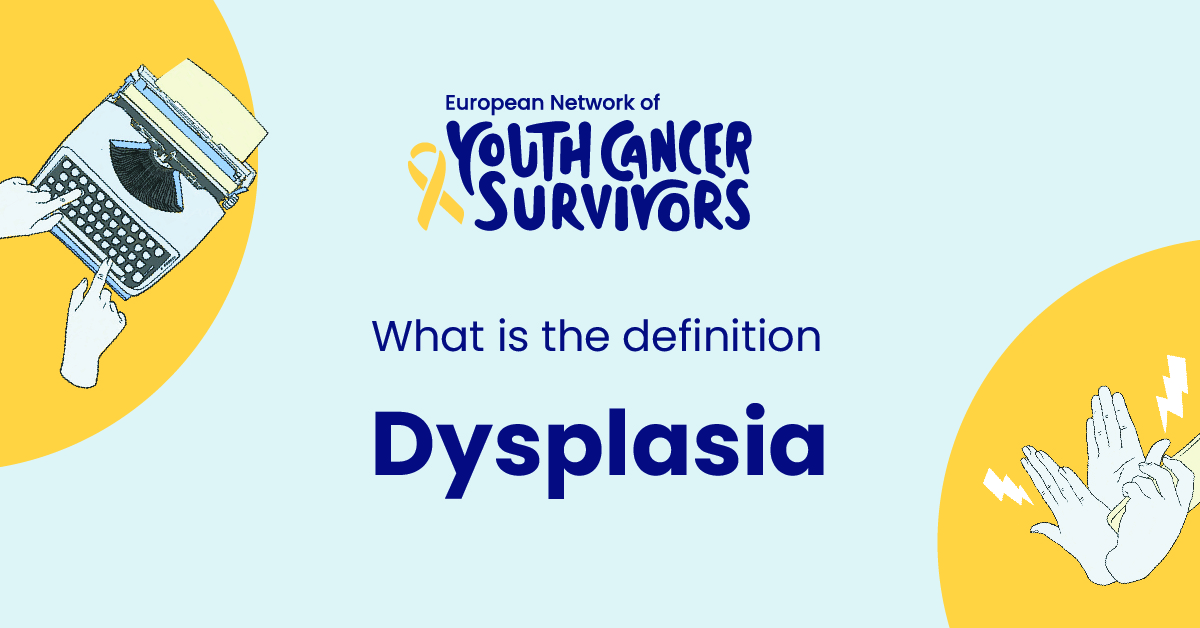
Dysplasia, a medical term that bewilders many, holding significant implications regarding cellular health, necessitates a more comprehensive understanding. This article breaks down dysplasia, exploring its causes, impact on the human body, diagnosis approaches, and potential treatments.
Given its links to various health conditions, and in certain cases a precursor to cancer, understanding dysplasia is not merely beneficial for medical professionals but also advantageous for laypeople aiming to keep health at its peak.
Understanding the Basics of Dysplasia
Definition of Dysplasia
Dysplasia refers to the abnormal growth, size, or appearance of a group of cells. Akin to a cog slipping out of the machine’s well-oiled mechanism, dysplastic cells disrupt the harmony of cellular reproduction. They can appear anywhere, affecting people of all age groups, with some types of dysplasia present at birth.
The Anatomy of a Normal Cell vs. a Dysplastic Cell
Contrasting a normal cell with a dysplastic one illustrates dysplasia’s ramifications. Normal cells mature, function, and reproduce efficiently in a well-controlled manner. Dysplastic cells, however, are immature, with irregular cell structure and organization, leading to abnormal functioning and proliferation.
Causes and Types of Dysplasia
Common Causes of Dysplasia
The precise causes of dysplasia may vary. Genetic factors often contribute, with certain inherited disorders increasing the risk. Environmental factors, such as exposure to certain toxins or infections, can also induce dysplasia.
The Different Types of Dysplasia
Dysplasia is usually classified as mild, moderate, or severe, indicating the cells’ degree of abnormality—mild dysplasia involves minor changes, while severe dysplasia denotes extensively abnormal cells, potentially precursors to cancer.
The Impact of Dysplasia on the Human Body
Effect on Organ Systems
Dysplastic cells, due to their aberrant structure and function, can significantly affect organ systems. Depending on their number, location, and severity, they can hinder organ functions and lead to various health issues.
Impact on the Body’s Function
Dysplasia can impact the body’s overall function. This is particularly true with severe dysplasia, influencing how tissues and organs function, potentially leading to conditions like respiratory difficulties, mobility issues, or even cancer, in severe cases.
Get to know us better
If you are reading this, you are in the right place – we do not care who you are and what you do, press the button and follow discussions live

Diagnosing Dysplasia
Screening and Early Detection
Detecting dysplasia early is crucial to manage and treat it effectively. Various screening methods like investigative biopsies, cytology tests, imaging studies, or endoscopic examinations are employed. The earlier dysplasia is detected, the broader the treatment options and the better the outcomes.
Role of Medical Imaging and Pathology
Medical imaging plays a pivotal role in identifying dysplastic cells, while pathology evaluates the extent of the abnormality, providing valuable insights helping to define the best treatment approach.
Treatment Approaches for Dysplasia
Conservative Management
Diagnosed at an early stage, mild to moderate dysplasia can be managed conservatively through observation and lifestyle changes, such as exercise or dietary modifications.
Advanced Treatments
For severe dysplasia or when conservative management isn’t effective, advanced treatments like surgical removal of the dysplastic cells and medication therapy may be required.
Living with Dysplasia
Handling the Physical Impact
Physical impacts of dysplasia can be managed effectively with proper medical treatment, combined with supportive therapies like physiotherapy or occupational therapy, if required.
Managing the Psychological Impact
Living with dysplasia can also have psychological implications. Access to psychological support and counseling can be instrumental in managing these aspects.
Conclusion
Understanding dysplasia, its impact, and management is crucial. Significant advancements in dysplasia research hold promise for more effective detection and treatment strategies, offering hope to those diagnosed with this condition.
Frequently Asked Questions (FAQs)
- Is Dysplasia the same as cancer?
No, dysplasia is not cancer. However, severe dysplasia can potentially progress into cancer if not treated.
- Can Dysplasia be reversed?
In some cases, mild to moderate dysplasia can be reversed or managed effectively with treatment. However, severe dysplasia might require more aggressive treatments.
- What are the symptoms of Dysplasia?
Symptoms of dysplasia can vary depending on the location and severity. They can range from being asymptomatic to causing pain, inflammation, or altered organ function.
- How is Dysplasia diagnosed?
Dysplasia is diagnosed through various methods like biopsies, cytology tests, medical imaging, or endoscopic examinations.
- What are the treatment options for Dysplasia?
Treatment options for dysplasia range from conservative management techniques to advanced treatments like surgery or medication therapy, based on the severity of the condition.








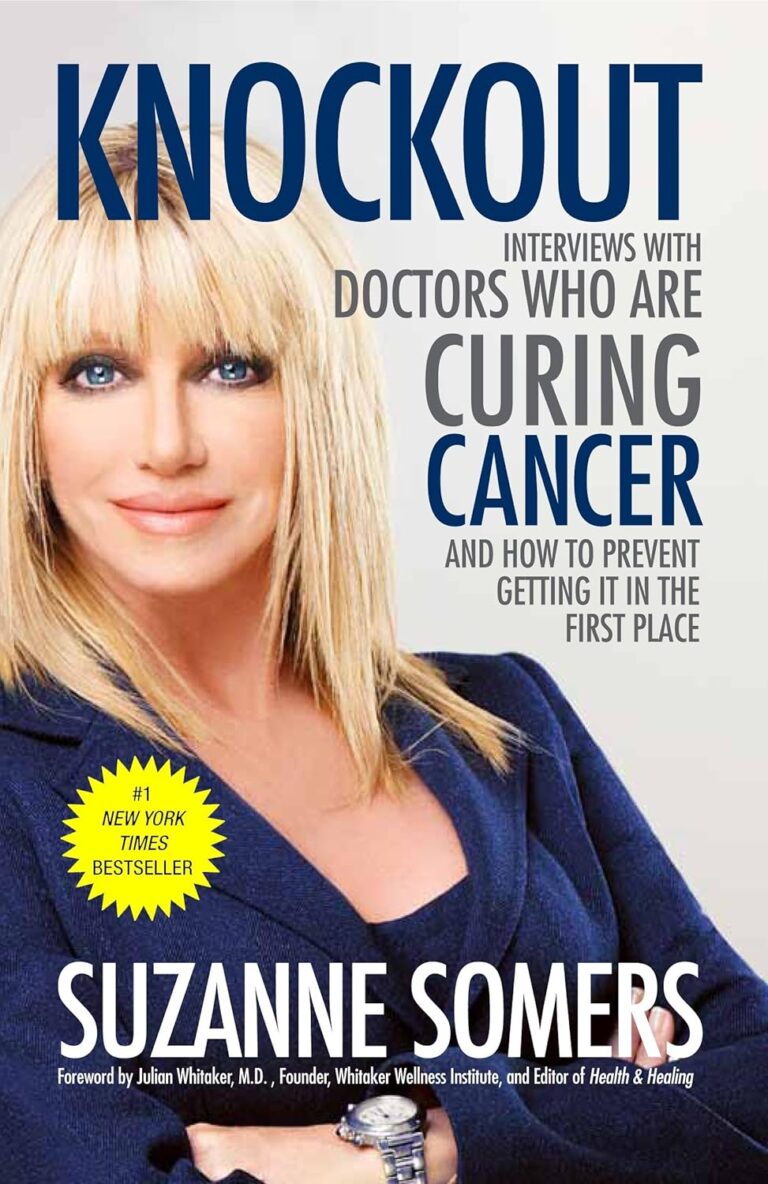
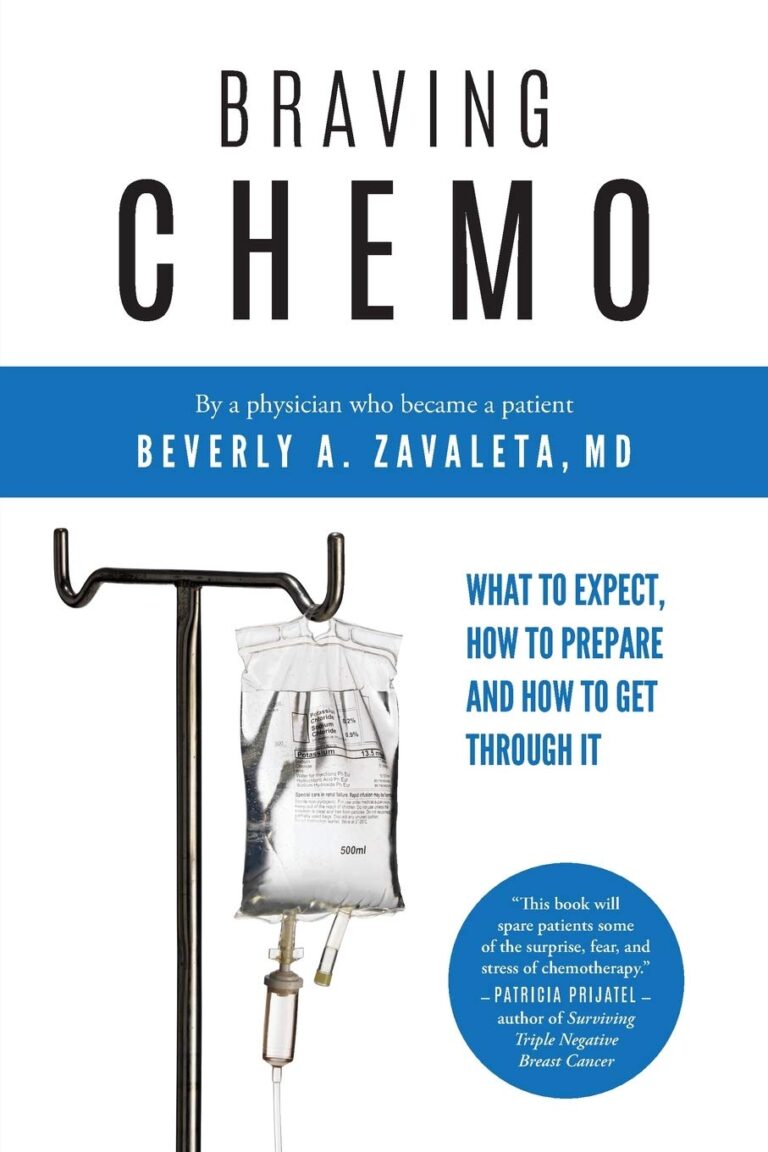
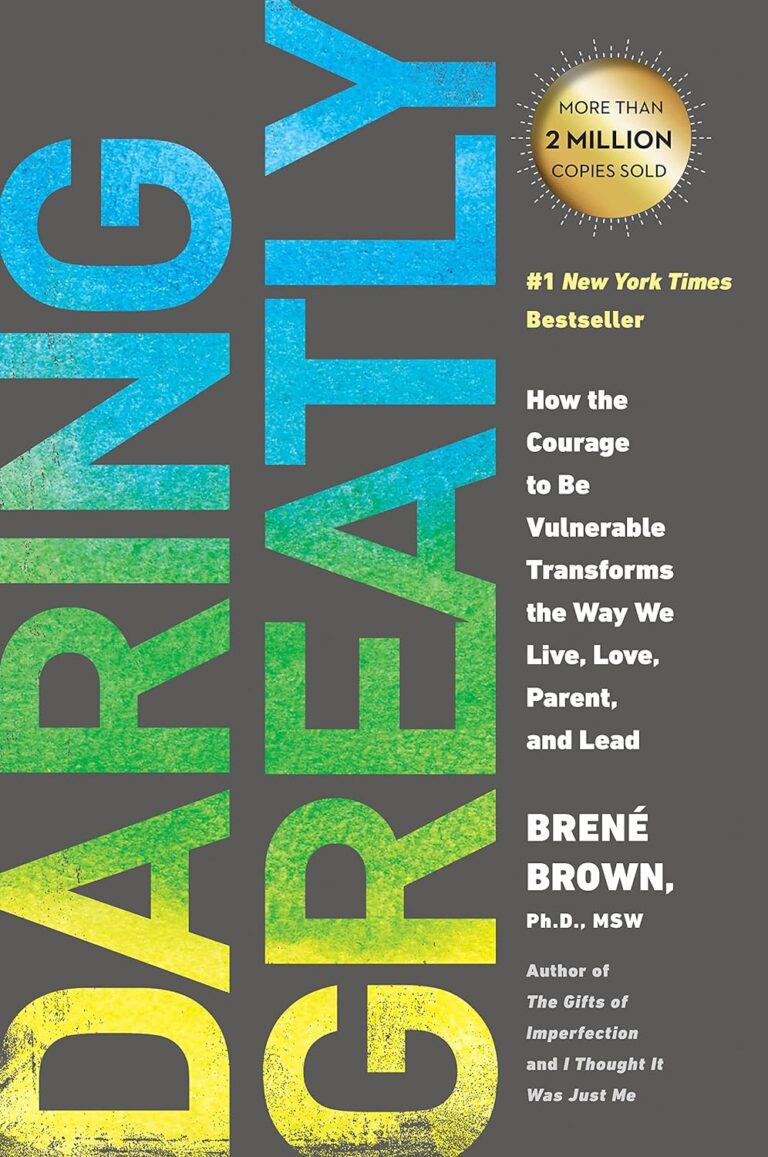
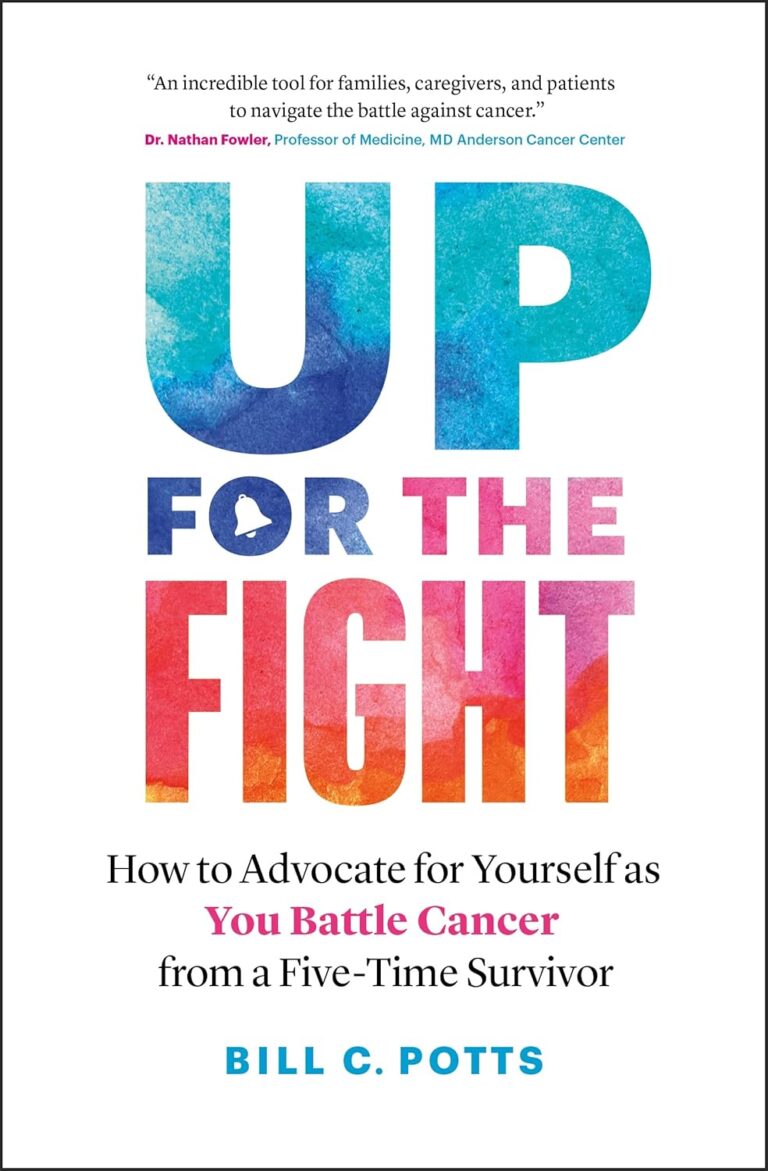
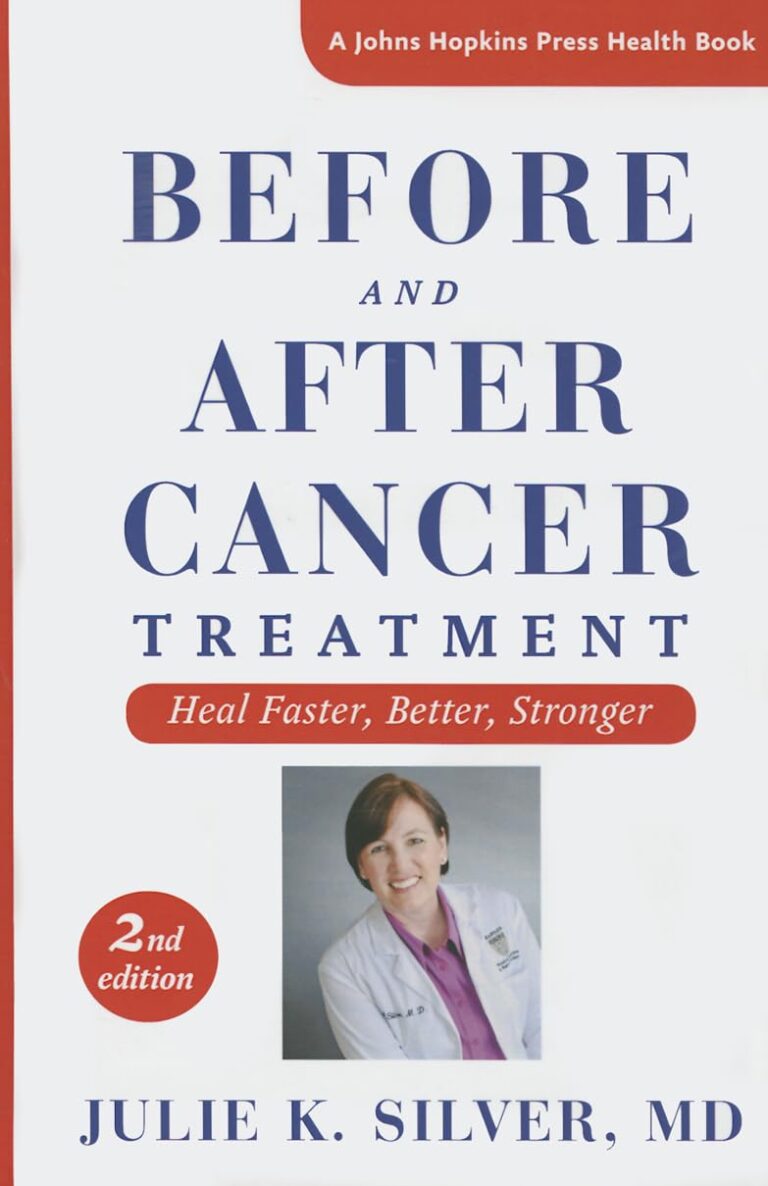




Comments
Thank you. Comment sent for approval.
Something is wrong, try again later